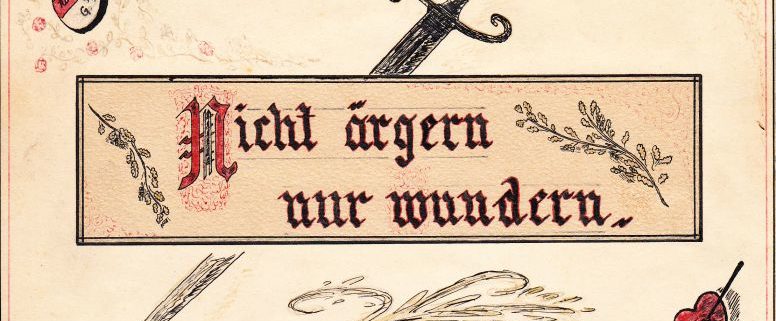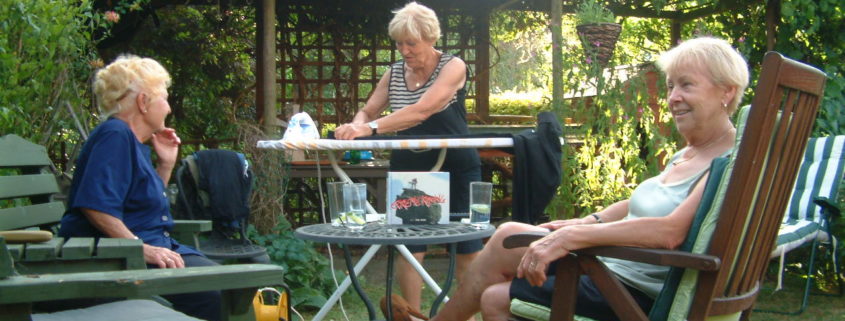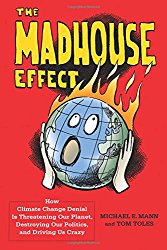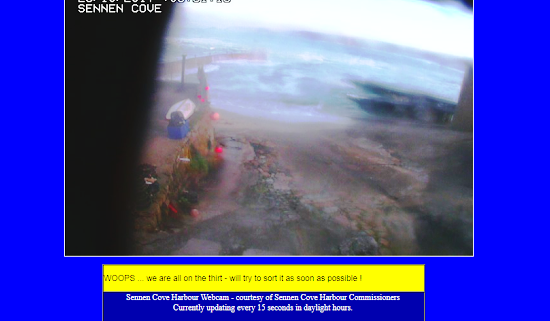Observations from HE Translations linguist and researcher Chris Mawer
Having been a lover of, and visitor to, Cornwall since childhood holidays throughout the 1960s, the decision to retire to the end of the land (I now live less than a mile from Land’s End) seemed a natural choice.
As a linguist the Cornish language has always been of interest to me; over six decades many words now seem very familiar and relatively easy to understand, with similarities to other languages e.g. eglos and église – apparently Breton and Cornish fishermen in the 18th century could converse in their respective languages and understand each other.
Although Dolly Pentreath, who died in 1777, is often cited as the last known person to speak Cornish as a first language, Cornish persisted as a local dialect through the 19th century. Despite this, the language was officially declared “extinct” in the early 21st century. However, there was a gradual and growing movement to revive the language, and indeed a conscious investment in keeping it alive, with the result that Cornish was recently reclassified as “critically endangered“.
Continue reading full article…
 The German motto “Nicht ärgern, nur wundern” is extremely useful and calming. In many situations it can avoid the need for Baldwin’s Nervous Pills. As long as we don’t start to worry about how to translate it into English! 😂
The German motto “Nicht ärgern, nur wundern” is extremely useful and calming. In many situations it can avoid the need for Baldwin’s Nervous Pills. As long as we don’t start to worry about how to translate it into English! 😂













